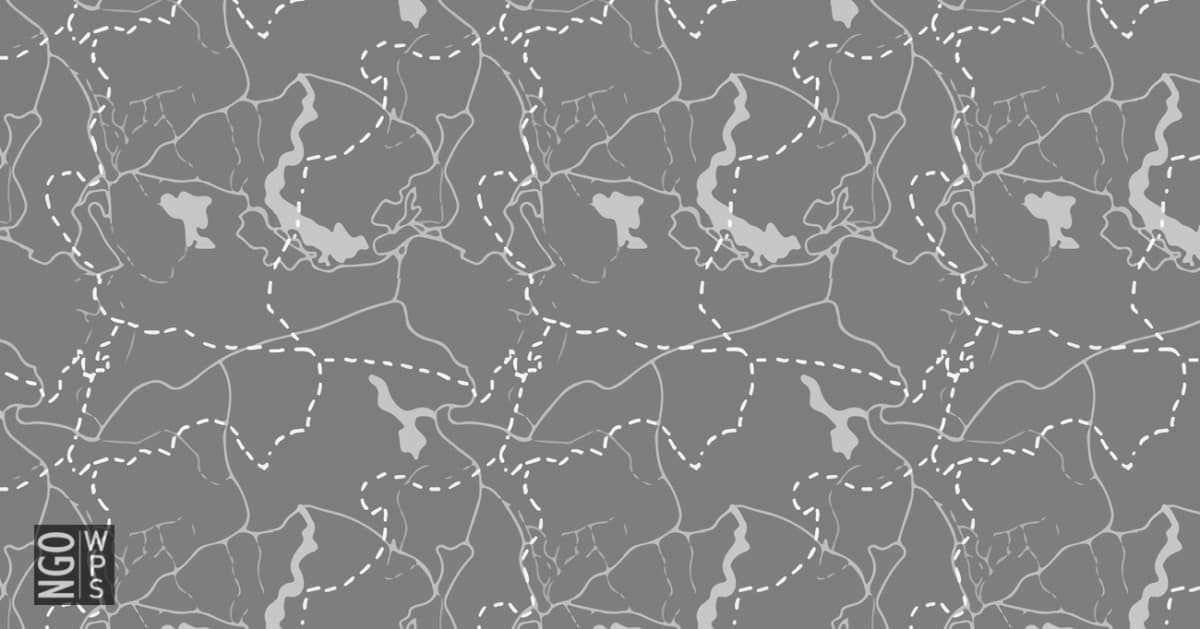Iraq
Iraq
Women are crucial allies to the efforts to eliminate extremism in Iraq. The Islamic State of Iraq and the Levant (ISIL) has contributed to a political landscape in Iraq historically characterized by sectarianism, ineffective judicial systems, high levels of government corruption, and high rates of violence against women, including sexual and gender-based violence. ISIL continues to use sexual and gender-based violence and rape as weapons of war— and targets women, particularly Yazidi women and other non-Shiite minorities, for sexual slavery among fighters.
Iraq acceded to the Convention on the Elimination of all Forms of Discrimination against Women (CEDAW) in 1986, launched the National Strategy on Combating Violence against Women in 2013, and launched its National Action Plan pursuant to Resolution 1325 in 2014. Iraq’s National Action Plan was the first launched in the Middle East. The Ministry of Women’s Affairs in Iraq has also developed a National Strategy for the Advancement of Iraqi Women, but due to the political climate it hasn’t been effectively implemented; similarly, laws banning forced and early marriages are rarely enforced.
Based on the work of NGOWG members and their partners, the NGOWG advocates for the Government of Iraq to clarify their shelter policies, in order to allow and support Iraqi NGOs in their efforts to operate shelters and provide much needed services to survivors of SGBV. Further, the NGOWG urges the Security Council to ensure that the United Nations Assistance Mission for Iraq (UNAMI) is regularly engaging with women’s organizations, and will continue to take concrete steps to support women’s participation in all peace and security processes.
Current and Past Recommendations to the UN Security Council (Monthly Action Points)
In its consideration of a report on the United Nations Assistance Mission for Iraq (UNAMI), the Security Council must urge accountability for serious human rights violations, including sexual and gender-based violence (SGBV) against women and girls. SGBV against ethnic and religious minorities is currently used in a widespread and systematic manner by the Islamic State in Iraq and the Levant (ISIL/ Da’esh), and may amount to war crimes, crimes against humanity, and genocide. There are further reports of human rights violations and abuses carried out by militia and tribal forces (Shi’a, Sunni and others), popular mobilization units (PMUs), and Peshmerga (pro-Government forces), such as forced disappearances, abductions, and forced evictions. The Council should consider the following recommendations:
- Implement fully and fund Iraq’s National Action Plan (NAP) on SCR 1325 (2000) in consultation with civil society organizations, including organizations focused on peacebuilding and women’s organizations.
- Support UN-Women’s development of a research program on the recruitment of women to armed groups, and strengthen the capacity of women’s organizations to prevent violent extremism and ensure access to services.
- Apply a gender lens to humanitarian assistance efforts throughout the country, particularly in the provision of medical care, ongoing psychosocial counseling and comprehensive sexual and reproductive health services, as mandated by SCR 2122 (2013), which includes access to emergency contraception and safe abortion services.
- Increase support to Iraqi organizations meeting immediate needs of civilians, including women fleeing violence;
- Urge the Government of Iraq to clarify the shelter policy and allow Iraqi NGOs to operate shelters.
- End impunity for all armed actors, both state and non-state, and ensure that crimes are investigated and perpetrators are brought to justice in line with international humanitarian and human rights law.
- Expand current documentation efforts on sexual slavery to include other crimes including crimes against women as human rights defenders, LGBT persons, and others who defy gender stereotypes.
In its consideration of a report on the United Nations Assistance Mission for Iraq (UNAMI), the Security Council must urge accountability for serious human rights violations, including sexual and gender-based violence (SGBV) against women and girls. SGBV against ethnic and religious minorities is currently used in a widespread and systematic manner by the Islamic State in Iraq and the Levant (ISIL/ Da’esh), and may amount to war crimes, crimes against humanity, and genocide. There are further reports of human rights violations and abuses carried out by militia and tribal forces (Shi’a, Sunni and others), popular mobilization units (PMUs), and Peshmerga (pro-Government forces), such as forced disappearances, abductions, and forced evictions. The Council should consider the following recommendations:
- Implement fully and fund Iraq’s National Action Plan (NAP) on SCR 1325 (2000) in consultation with civil society organizations, including organizations focused on peacebuilding and women’s organizations.
- Support UN-Women’s development of a research program on the recruitment of women to armed groups, and strengthen the capacity of women’s organizations to prevent violent extremism and ensure access to services.
- Apply a gender lens to humanitarian assistance efforts throughout the country, particularly in the provision of medical care, ongoing psychosocial counseling and comprehensive sexual and reproductive health services, as mandated by SCR 2122 (2013), which includes access to emergency contraception and safe abortion services.
- Increase support to Iraqi organizations meeting immediate needs of civilians, including women fleeing violence;
- Urge the Government of Iraq to clarify the shelter policy and allow Iraqi NGOs to operate shelters.
- End impunity for all armed actors, both state and non-state, and ensure that crimes are investigated and perpetrators are brought to justice in line with international humanitarian and human rights law.
- Expand current documentation efforts on sexual slavery to include other crimes including crimes against women as human rights defenders, LGBT persons, and others who defy gender stereotypes.
Relevant Resources












